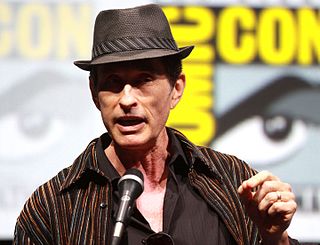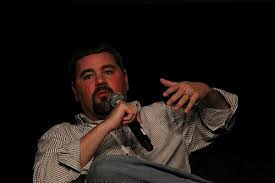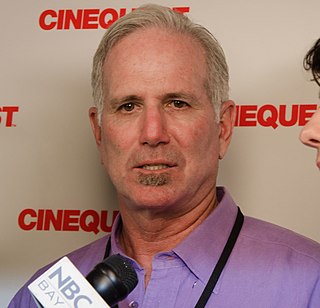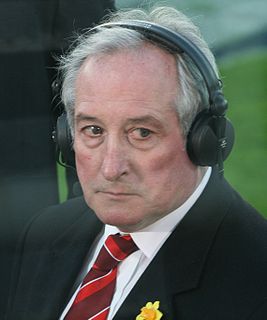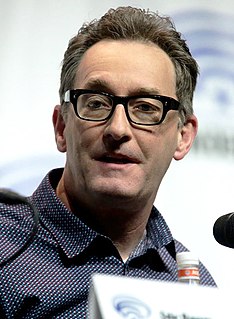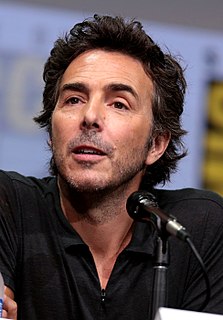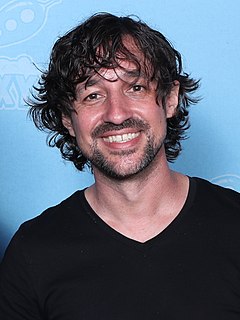A Quote by David Twohy
After I script the movie, I have to storyboard it out, I have to budget it, and I have to understand if I can afford all those visual effects or not.
Quote Topics
Related Quotes
In high school and college, I'd set a bunch of goals for myself. I wanted to be the lead effects supervisor on one of these really big, innovative visual effects productions, something on the scale of a 'Star Wars' movie. And I wanted to work on a project that wins the Academy Award for best visual effects.
The whole visual language of the movie is developed way before we get to set. Especially when you're doing visual effects and you don't have a lot of money to mess around, which we didn't, you have to really preplan everything. Pretty much every shot in the film was figured out months before we got to set.
There are people I'm drawn to that you just can't do a tiny, no-budget movie with. I would like to pursue some of that stuff, to see if I could do a movie with some of those people. And I don't really write scripts myself, but if I read a script I thought was really great, I would totally be up for doing a more traditional movie. It's just that I don't exist in that world.
right now.
The Chancellor of the Exchequer has delivered his Budget. It is his first Budget, but we have seen it all before. This is a Tory Budget that will throw people out of work, will hold back economic growth, and will harm vital public services. Yes, it is the Chancellor's first Budget, but it is the same old Tories, hitting hardest at those who can least afford it and breaking their promises. This is true to form for the Tories, but it includes things that the Liberal Democrats have always fought against. Surely they cannot vote for this.
I think it's an important part of the visual effects supervisor's job to get really deeply embedded in production and keep us all focused on trying to generate the best result. I'm not proprietary about, 'I would rather do this effect than let physical effects do it.' No, let's do the smartest thing for the movie.
I think Memento movie was hard because people didn't get it, they just didn't understand it. Not from the stage when we read the script and liked it. It's sort of a famous story now how we finished the movie and showed it to distributors and nobody wanted it. So it wasn't just they didn't get the script, they really didn't even understand the movie when it was done. But I think that was a particularly hard one. I don't think it was harder because we were girls, but I do think obviously there are particular challenges to working in a male-dominated industry.
I learned first of all not to be intimidated by any visual effects that I don't understand. It can all be learned. You can then use them as tools to tell your story. I also learned that you have to be really vigilant, the more complex the movie, to not lose yourself and to not lose sight of the priority.
